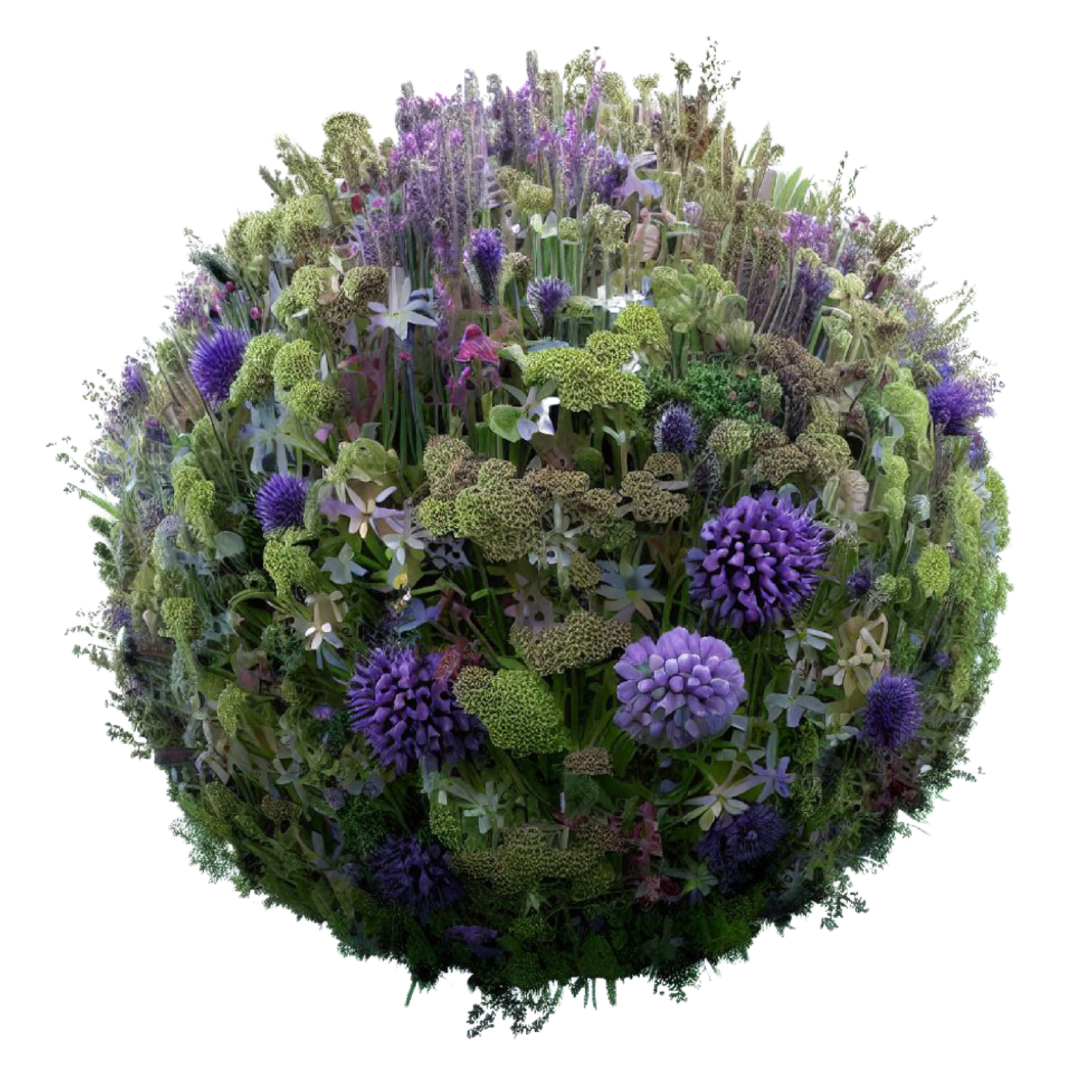A fish collapse. 90% of the big fish are gone. The global fishing capacity is big enough to catch four times more fish than actually exist in the sea. We’ve just squandered one of the greatest resources on the planet – wild fish.

The End of the Line leaves one in no doubt about the devastating impact of the world’s fishing fleet. What really amazed me was how recent catastrophic over-fishing has been. Back in 1988 when I co-wrote The Green Consumer Guide we did point out that cod was facing collapse in the North Sea, that dolphins were being caught in tuna nets and that the sturgeon was being over-fished for caviar but the main focus of our fish section was on pollution, whaling and fish-farming.
Although I’ve kept abreast of fish issues since then, there were things in the film that surprised me. One of these was the total collapse of the Newfoundland cod fishing industry in 1992 – and that it has never recovered. Another was that the Chinese data for fish consumption was completely inaccurate and hugely over-claimed the amount of fish they were eating. This meant scientists thought there were far more fish being caught than was the case – so the red alert on declining fish stocks was late in coming.
One part of the film that was quite amusing was seeing Charles Clover ‘playing’ the Nobu restaurant owner about his policy on blue fin tuna.
The restaurant is best-known for Boris Becker’s antics in its broom cupboard but apparently attracts many celebrities, although I didn’t see any when I went there. I won’t be going again. Having listened to the facts about the scarcity of blue fin tuna, they are keeping it on the menu, albeit with the information that itis ‘unsustainable’. Apparently transparent but this is a classic example of a company simply avoiding the issue – they clearly don’t give a damn.
I think that the message at the end of the film telling people what they can do is much clearer than the action messages from An Inconvenient Truth. The recommendations are: 1. Ask before you buy – only eat sustainable seafood 2. Tell politicians – respect the science, cut the fishing fleet and 3. Join the campaign – for marine protected areas and responsible fishing.
Charles Clover pointed out that although this is a serious problem, unlike climate change it’s relatively easy to do something about it – and that’s encouraging. He explains that the cost of converting 30% of the world’s oceans into marine reserves would be less than is currently paid out in fish subsidies. Let’s do it.


